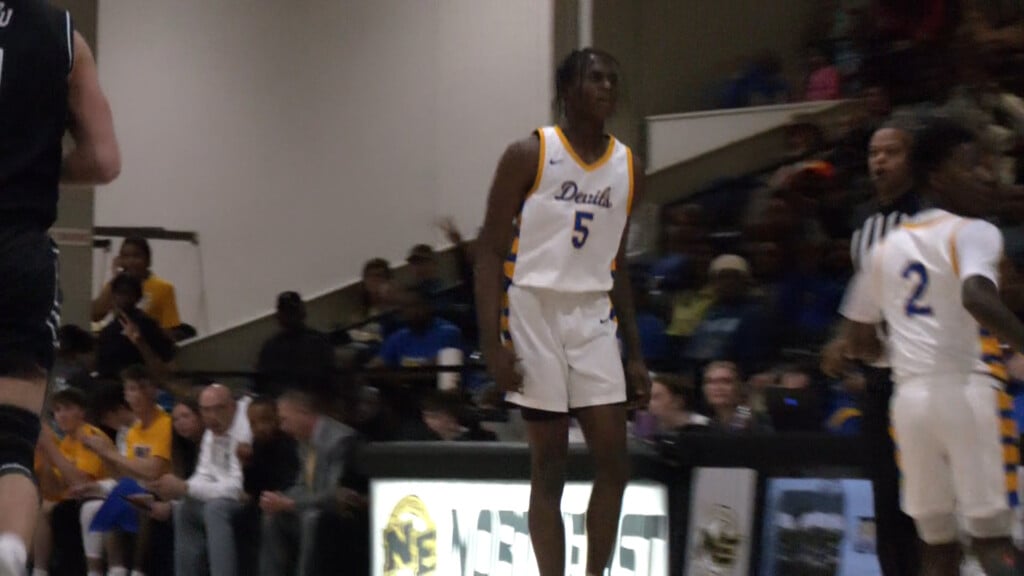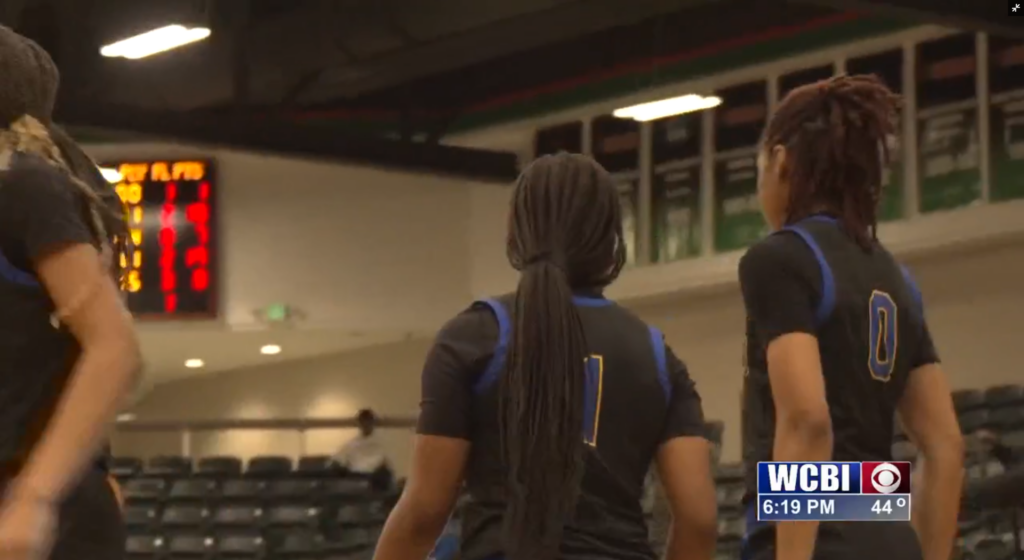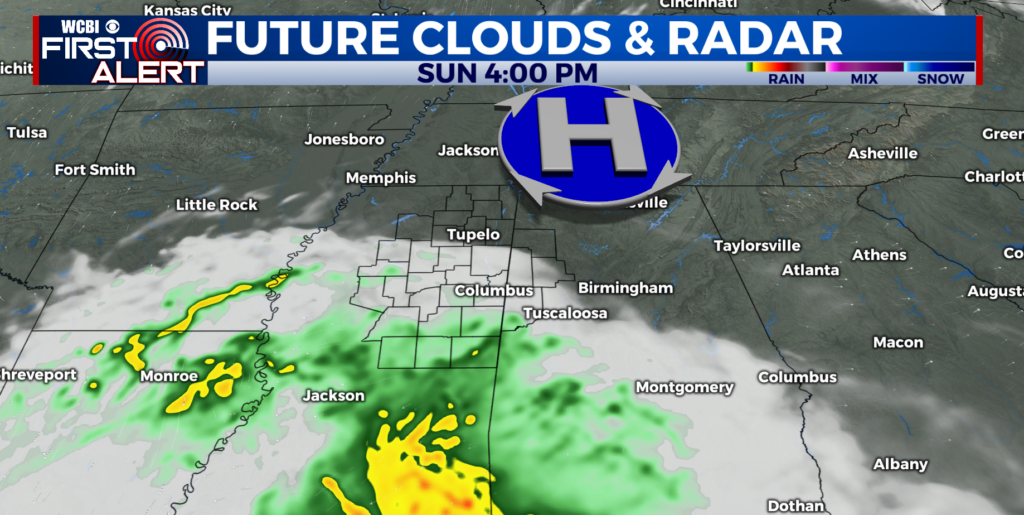Corrothers Seeks New Trial in Murder
By Jack Elliott Jr./Associated Press
JACKSON – Mississippi death row inmate Caleb Corrothers argues he deserves a new trial because a Lafayette County judge refused to allow an expert to testify about the reliability of eyewitness identification.
Corrothers was convicted in 2011 of two counts of capital murder and one count of aggravated assault. The Mississippi Supreme Court will hear oral arguments in the case Tuesday.
Prosecutors said Corrothers shot and killed Taylor Clark and his father, Frank Clark, over drugs and money. Tonya Clark, Taylor’s mother and Frank’s wife, was shot in the neck, but recovered. The Clarks’ older son, Josh, witnessed the killings but was not injured.
Defense attorneys tried to convince a jury that Corrothers grew up in poverty and without a father figure, setting him on a bad path. Prosecutors told the jury Corrothers should be held responsible for his choices.
In briefs filed with the Supreme Court, Corrothers’ attorney, Alison Steiner, said the trial judge erred by allowing the jury to hear testimony from eyewitnesses but not permitting an expert for the defense to testify on eyewitness reliability.
“The claim here is that the trial court erred in failing to also allow the jury to consider the expert psychological testimony of Dr. Jeffrey Neuschatz to assist it in evaluating the reliability of those identifications. The expert testimony would offer the jury information that it could bring to bear in making its independent assessment on the reliability of the identifications,” Steiner said.
Court records show Josh Clark picked Corrothers out of a photo lineup. Josh Clark and Tonya Clark identified Corrothers from the stand during trial, but records also show Tonya Clark was unable to pick Corrothers out of a pre-trial photo lineup.
The attorney general’s office, in a court brief, argued the judge properly ruled that Neuschatz’s testimony was unreliable and irrelevant. The attorney general’s office said the credibility of a witness is a fact to be determined by a jury.
The Mississippi Psychological Association in a friend-of-the-court brief questioned the use of the photo lineup for Josh Clark, who suffered a brain injury in a 2009 accident. A qualified cognitive psychologist could have helped the jury in assessing use of the lineup, according to the brief.
The association said judges, lawyers and jurors are largely unaware of factors that can affect the credibility of eyewitnesses.
The attorney general’s office said Corrothers offered nothing to show that the science of eyewitness identification analysis has been generally accepted by the courts. Prosecutors said Neuschatz has told the court he had testified in only five cases.
“While questions regarding the credibility of a victim’s identification are for the jury, questions regarding the admissibility of a victim’s identification are questions of the law — they are reserved for the court,” Special Assistant Attorney General Melanie Thomas wrote in the state’s brief.
Thomas said Neuschatz was trying to invade the province of the trial judge when he offered an opinion that the lineup was suggestive after the judge had already found the lineup admissible.
The Corrothers’ case is among dozens the Supreme Court will consider during its January-February term. A decision is expected later.





Leave a Reply